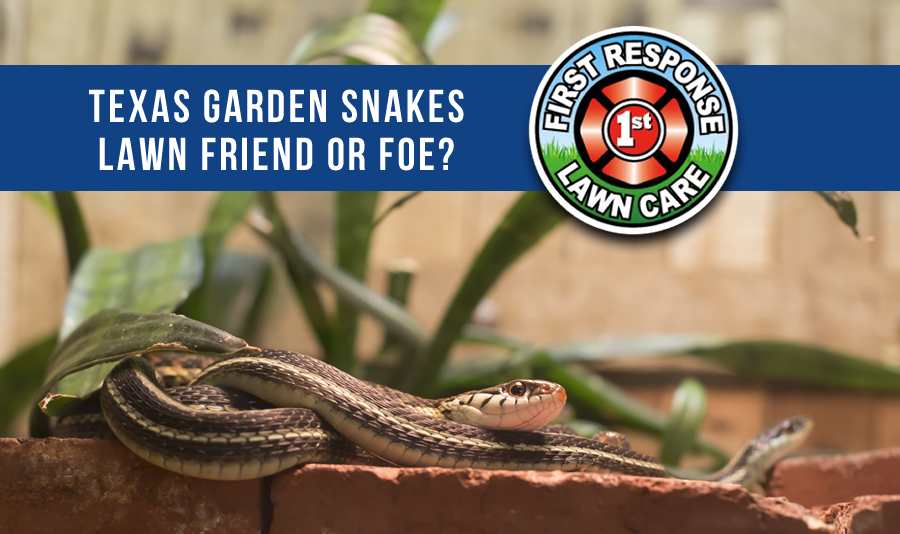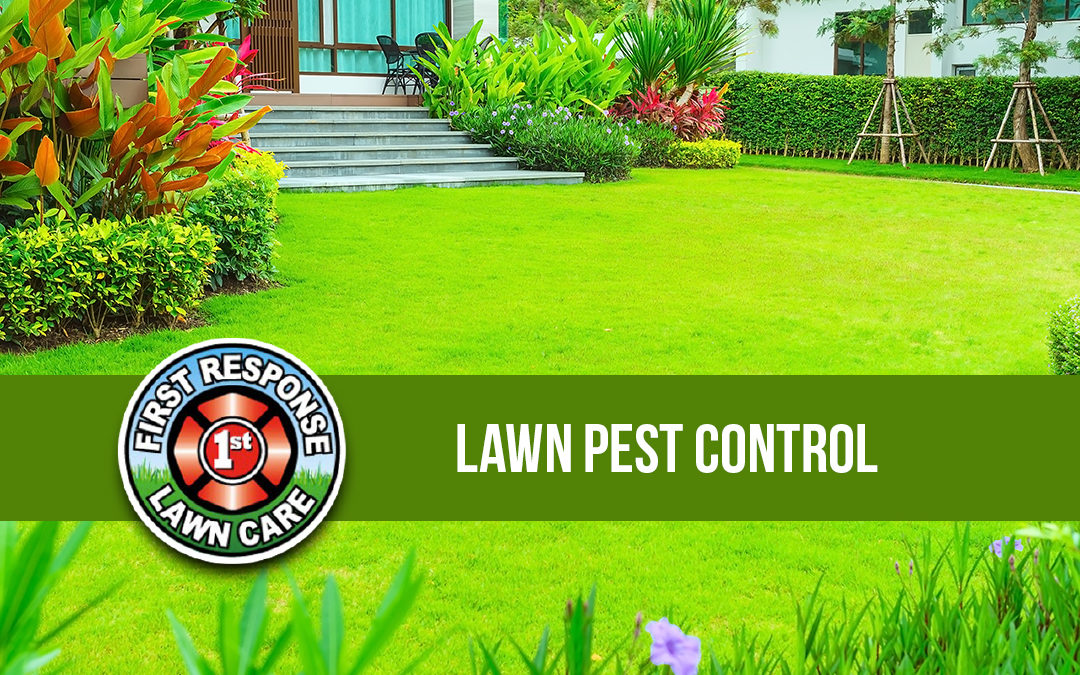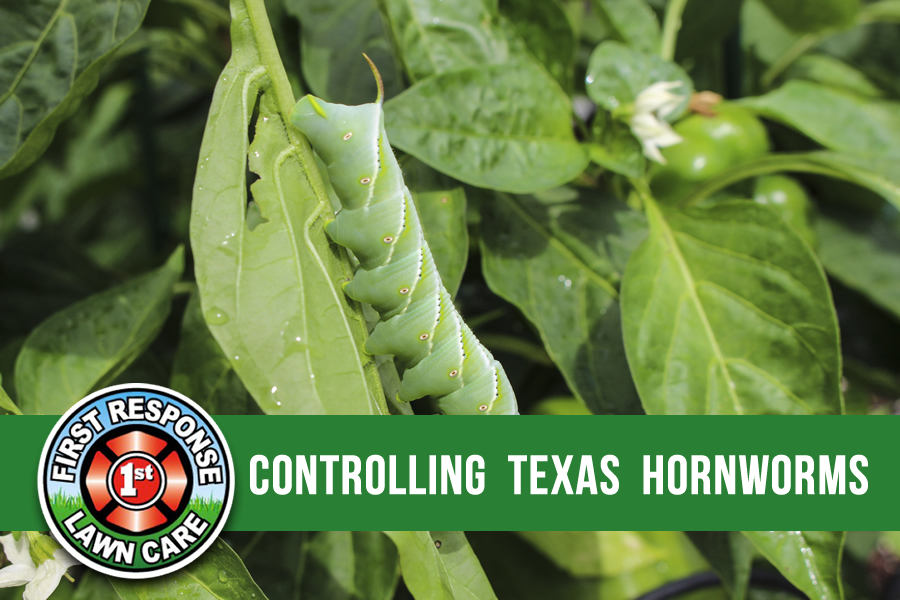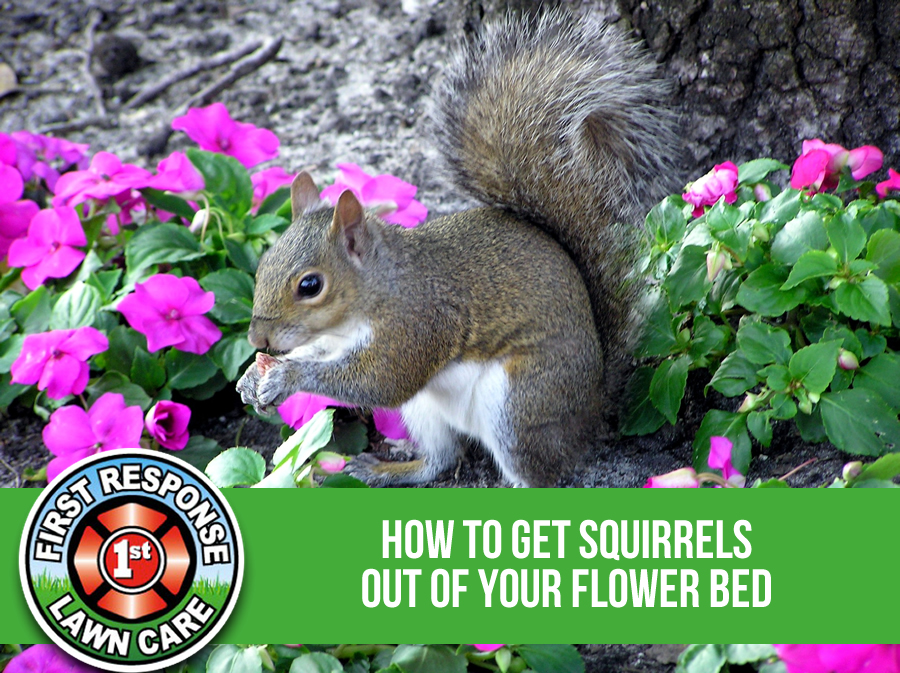
Texas Garden Snake 101
Garter Snakes in the Yard and Garden
Garter snakes are among the most common snakes in Texas.
A few garter snakes in the garden can be a good thing. They eat insects and other pests, so they can control those pests that harm your plants. While generally shy and withdrawing, a garter snake will bite if you accidentally step on them.
Where did they get their name?
When do they appear?
Most garter snakes are only active during the daytime unless the weather is very hot, in which case you might see them at night.
Texas garter snakes are seldom found in large numbers. They can be found in a wide range of habitats, but are usually close to a water source. They have typically been found in stream-side vegetation or in damp soil near bodies of water. They can be found under objects like old metal, or wood, under ground, and in plants.
Are they poisonous?
If you try to handle a garden snake, it will often flail about wildly to try to escape. It will probably release a musk foul-smelling fluid from its tail and may strike at you. Although the toxins in garden snake saliva can be deadly to the snails, salamanders and other animals they eat [source: Venomous Snakes], they’re not dangerous to humans. Nevertheless, a garden snake bite may still cause redness, swelling and discomfort.
Will they hurt your dog?
If your dog has an encounter with a garter snake, their reaction will depend on what they did to the snake. … If your dog did not ingest any part of the snake, then they should be fine.
What will naturally repel snakes?
Certain plants like marigold, wormwood, West Indian lemon grass, Sarpgandha and garlic are natural repellent against snakes. These plants have bitter tastes and strong smells that cause discomfort and disorientation to snakes when they slither over them.
The bottom line is that Garter snakes are fine to stay in your yard or garden. They are shy and will avoid human beings and pets at all costs, living peacefully in harmony with you and your family. They eat all the pests that wreak havoc in your garden, subsisting on slugs, snails, insects, grasshoppers and small rodents. They also like to chow down on worms, frogs, salamanders, fish and tadpoles, hiding under boards, vegetation, in stone walls, under logs or among rocks.
If you have any other lawn pests that are bothering your lawn or garden, contact First Response Lawn Care at (214) 701-7622.
We offer pest control programs for your lawn.



